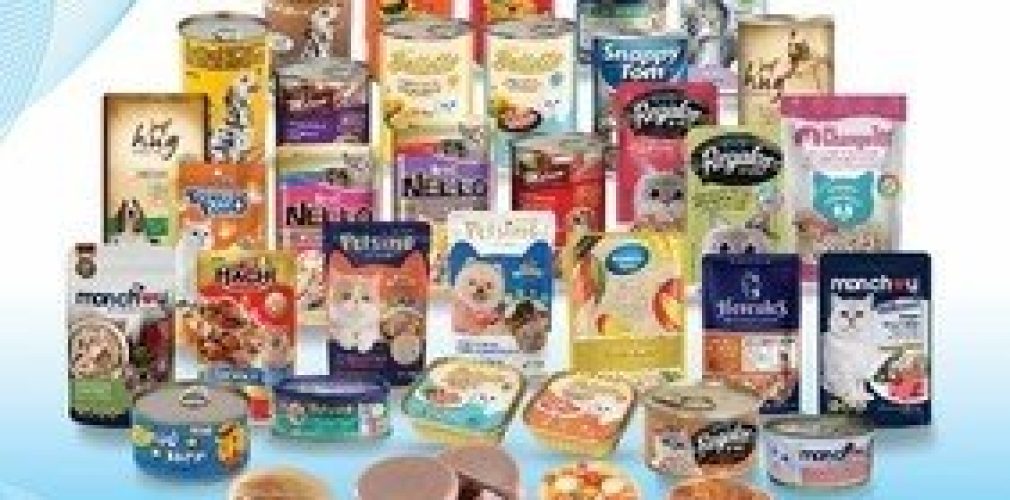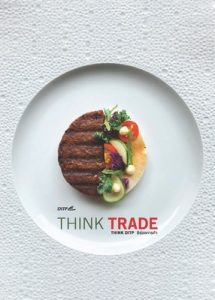Today, a growing global trend sees pet owners becoming ‘pet parents’ and treating their dogs and cats as part of the family. Gone are the days of keeping a pet outdoor and feeding it scrap food. For the pet food industry, the shift is having a major impact, and Thailand, as the world’s kitchen, is helping to fulfil the needs of ‘pet parenting’, according to an industry group.
As consumers become more aware of what they eat, the same consciousness applies to their pets. Instead of basic food, they now demand more nutritious value and compliance to safety standards for their pets. As ‘pet humanization’ becomes an emerging trend, it’s no surprise to see plant-based, organic, and even vegan pet food products in the market.
Thailand is the world’s third largest pet food exporter in 2021 with export value of more than 65 billion baht, an increase of 27% from the year before, according to the Thai Pet Food Trade Association (TPFA). Thailand’s top 5 export markets for pet food are the US, Japan, Italy, Malaysia and Australia, while Asian neighbors such as India, Indonesia and Laos see rising demand. The steady growth of Thai pet food exports is accelerating in 2022 with a 43% increase in the first 7-months.
The abundance of agricultural produce in Thailand, means that 95% of the raw materials used in pet food is sourced locally, supporting the country’s production hub status, according toTPFA.
“Our strengths also derive from the long-standing experiences and reputation in canned tuna production which can be broaden into wet pet food manufacturing,” said Dr. Chanintr Chalisarapong, President of TPFA.
Thai manufacturers of pet food brands include Perfect Companion Group’s SmartHeart and Me-O brands, Asian Sea’s Monchou brand, Charoen Pokphand Foods’ JerHigh, and Jinny brands, and Thai Union’s ChangeTer’s brand. Thailand’s competitiveness has also attracted many international pet food brands to set production bases here, such as Mars Petcare, Nestle Purina, Pedigree and Tiki.
To answer the demand from pet owners, manufacturers are putting the emphasis on producing the pet food which in terms of safety, variety and dietary values are similar to human-grade food. Demand is also increasing for innovative products such as prescription foods and supplements for treatment of pet health issues, like heart, lungs, and kidney diseases, TPFA said.
“The trust in our manufacturers’ quality and safety standards from customers, combined with product diversification, innovation and continuous development contribute to Thailand’s competitive edge in the global pet food market, ” said Chalisarapong.
The global pet food market is projected to record a CAGR of 4.6% from 2022-2027, according to Mordor Intelligence. As the number of households with pets continues to increase globally, manufacturers of pet food will certainly stay on top to help pet parents take the best care of their fur babies.
caption: Thai pet food offers myriad choices filled with appetizing and nutritious contents.
![]()




